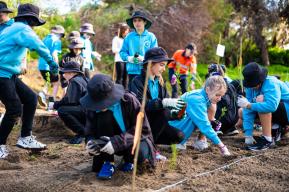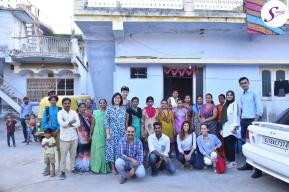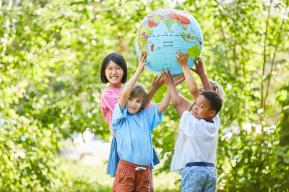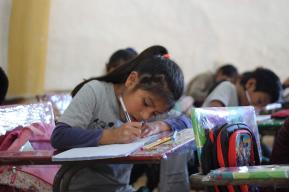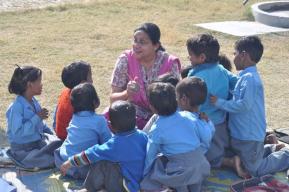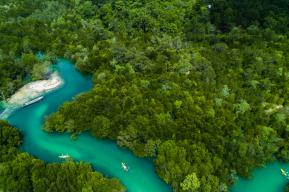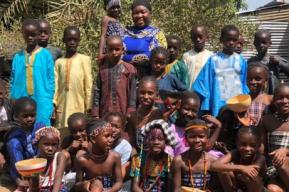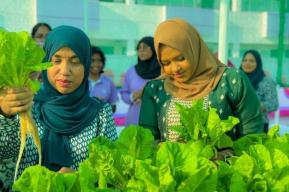

Education for sustainable development
Education for sustainable development (ESD) is UNESCO’s education sector response to the urgent and dramatic challenges the planet faces. The collective activities of human beings have altered the earth’s ecosystems so that our very survival seems in danger because of changes more difficult to reverse every day. To contain global warming before it reaches catastrophic levels means addressing environmental, social and economic issues in a holistic way. UNESCO’s ESD for 2030 education programme aims to bring about the personal and societal transformation that is necessary to change course.
Acting as a global advocate and aiming to strengthen capacities of governments to provide quality Climate Change Education (CCE), UNESCO produces and shares knowledge, provides policy guidance and technical support to its Member States and implements projects on the ground. UNESCO encourages innovative approaches and enhances non-formal education programmes through media, networking and partnerships.
Key figures
Stories
Events








Monitoring SDG 4: education for sustainable development
Resources from UNESCO’s Global Education Monitoring Report.



